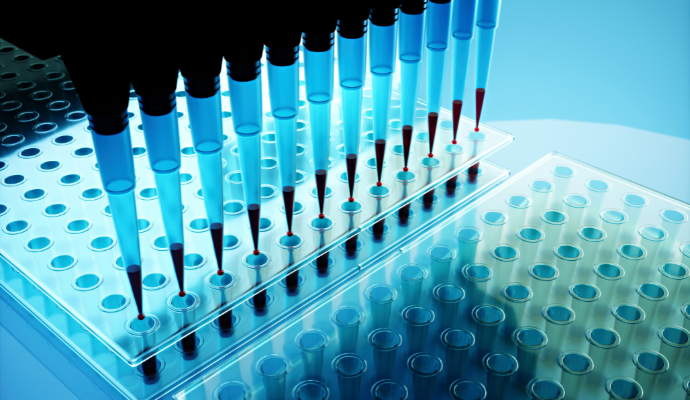Takeda One Ups Pfizer, Moderna with 600,000 SF R&D Office in Cambridge
The state-of-the-art facility in the heart of Kendall Square will unify Takeda’s global research and development efforts with its business operations unit.

Source: Getty Images
- Kendall Square is a round table of the largest pharmaceutical companies in the world, and Tokyo-based Takeda will soon have a seat at that table with its massive new workspace. Takeda, the largest life sciences employer in Massachusetts, broke ground on the 600,000-square-foot laboratory and office space in October of 2022 and will move in as soon as 2026.
The facility will be a short walk from other major pharmaceutical companies, like Pfizer, Moderna, Teva, and Bayer, and top talent centers, like the Massachusetts Institute of Technology, which partnered with Takeda in 2020 to cultivate artificial intelligence tools for drug development. The building also includes a 30,000-square-foot performing arts center and 400-seat theater catering to the Cambridge community.
A specialized biomedical realty firm bought the property in 2018 for $50.5 million, and the building was devised by the urban design firm CBT architects. Construction of the 16-story structure will spare no expense and include sustainability considerations, such as commitments to energy and water efficiency and a LEED Gold or higher certification to help Takeda achieve its net zero greenhouse gas emission goals.
The Takeda R&D facility will be double the size of Pfizer’s 280,000-square-foot R&D hub in Kendall Square and exceed the size of Moderna’s Binney Street offices by more than 100,000 square feet.
“Takeda’s purpose of achieving ‘better health for people, a brighter future for the world’ is embedded into all of our decision-making, including real estate. We were intentional in selecting 585 Third Street as this building will offer us close proximity to top life sciences talent while enabling us to enhance office collaboration and R&D space further to support scientific discovery for patients worldwide,” said Julie Kim, President of the United States Business Unit and US country head. “Our goal is to build an enriching and inclusive workspace that will inspire, foster learning and innovation, harness data and digital technologies, and emphasize well-being.”
R&D at Takeda concentrates on five therapeutic areas: oncology, rare genetics, hematology, neuroscience, and gastroenterology. The company currently lists more than 50 products for sale in the US and has several molecular entities in the development pipeline that could achieve an orphan drug designation.
Proximity to competing R&D hubs may also encourage collaboration between companies. In the past, Takeda handled distribution for many of Pfizer’s Japan-approved drugs and even collaborated with the company to co-promote some of its own medications.
